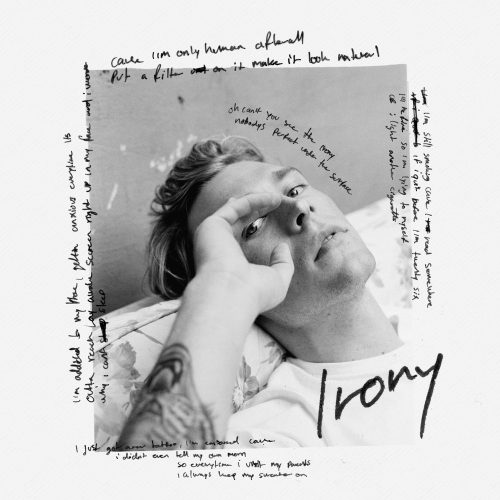Let’s be real, quarantine has revealed to us all just how dependent on technology we are. We’re constantly connected online: reading the latest headlines, texting our closest friends, swiping through our Explore pages. And because of this, we’ve all probably read or heard about one of the latest people on the receiving end of a massive social media reckoning: Ellen DeGeneres. As a slew of her staff come forward condemning the toxic work environment that she created, it’s not hard to see all the irony in this situation. Ellen—someone once universally praised for preaching kindness and generosity—is now being called out for doing exactly the opposite on set.
Now, I’m not here to launch a debate on the merits and shortcomings of cancel culture, but I am fascinated by this concept of irony and how so many stars seem to fail time and time again to practice what they preach. And it’s not just celebrities who are guilty. We all have struggles and insecurities, yet it seems like so few people are able to overcome them to actually do better.
Okay, this all seems very depressing, but I guess my point is that it doesn’t have to be that way. In his single “Irony,” Danish singer Christopher articulates this paradox well. Accompanied just by a piano, he opens the song sullenly: “I’m still smoking ‘cause I read somewhere / If I quit before I’m 26 / I’ll be fine so I’m lying to myself.” Sometimes we’re self-destructive by nature; even when we know they’re the wrong decisions, we still make them. “Oh, can’t you see the irony?” Christopher asks as the violins swell. His voice betrays dejection, but the charming instrumentation is there to provide comfort.
There’s also something to be said of his comments on performative activism. “I saw these awful things in a documentary / Decided I would stop eating meat / To save the planet… / I didn’t even last a week,” Christopher admits. It can be argued that achieving social justice is more critical today than ever, and although this single was released two years ago, it resonates particularly in today’s climate. Allyship and activism only affect true change when they supersede the performative level. In Christopher’s words, why did you give up vegetarianism if you cared so much about “these awful things?” How far are you willing to go to prove your commitment to a cause?
The reality for many is that doing this is hard. “‘Cause I’m only human after all,” Christopher confesses. With his rich, smooth voice and the pleasant melody, “Irony” doesn’t do much to provide a solution or offer any coping advice, but I don’t take that as what the song set out to do. Instead, it serves as something we can all relate to, a universal understanding. More importantly, it stands as a reminder that in this age of change, we need to do better. Yes, we’re all flawed, but our goal should be aimed towards improvement rather than perfection. As Christopher sings, the first step in overcoming this “irony” requires honesty, reflection, and awareness. That’s what it takes to create change.







